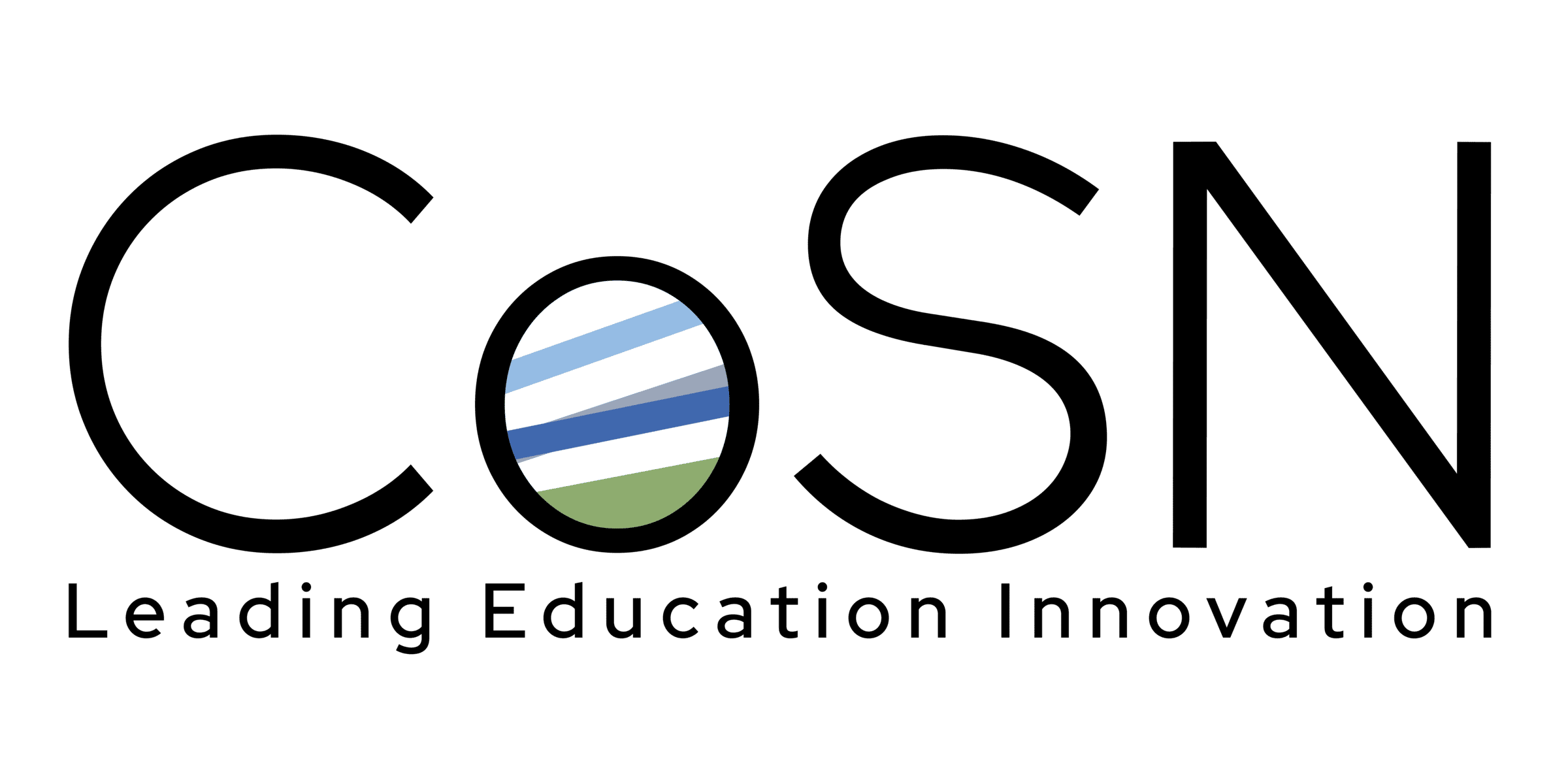The “P” in project management should be interchangeable with the “P” in people. That’s because project management is just as much about the people as it is about the project. Project management is an art and a science. It’s a blend of interpersonal skills combined with specific knowledge, competencies, tools, and techniques.
As edtech leaders, we become project managers because we lead multiple technology projects from beginning to end. We manage the project scope, the budgets, the resources, and the people. Our work is incredibly intricate!
The discipline to create clear and attainable objectives and motivate a project team of people to see them through to complete a project successfully is a unique skill. In addition, the project manager’s leadership skills can make or break the project. It is a tremendous responsibility and requires significant influence to complete a project on time, within budget, and meet stakeholders’ expectations.
Here’s the caveat. We, as edtech leaders, usually aren’t formally trained in project management. We typically come up through the instructional ranks, administrative operations, or the technology organization. We are strong leaders, trained in strategic planning, organized, action-oriented, and get things done, but we usually aren’t trained project managers.
Here is a typical scenario…
One of our leadership responsibilities is to stabilize a school system’s technology program and prepare for an extensive technology upgrade project. We may also be managing a network refresh project and rolling out devices or hotspots to support a 1:1 student program. At the same time, we are controlling a baseline of instructional and operational systems to keep systems up and running. In addition, we integrate technology into curricular areas, manage student information systems, monitor the network and devices, support the help desk, run payroll, and oversee the staff that gets things done.
We use good leadership skills and common sense to develop project schedules and allocate resources under tight deadlines, with stakeholders chomping at the bit to get technology upgrades complete and an array of priorities and issues to address. We are creative in developing rollout plans by grade clusters and school sites. We know how to plan and break up projects in small chunks strategically. But sometimes, at the end of the day, or year, we ask ourselves, what is the best way to get all of this done?
We always find a way because we are committed to our work. But here’s the other challenge. A lot of our staff’s work is beneath the surface. It’s in the walls; it’s in dark, cold network operations centers; it’s behind monitors buried inside software programs; it’s analyzing and designing systems; it’s imaging devices with special security protection measures. Often it looks like we aren’t doing anything. There is so much work that goes into our systems that no one sees.
Then we start getting questions from stakeholders and school system leaders asking, when will my projects be done? What’s taking so long? A lot of money is being spent. Technology is being purchased, so we work harder, get burnt out quicker, and close the day feeling even more stressed and ineffective. So often, we think to ourselves, there’s bound to be a better way.
What if we could build better project management skills using an industry-standard and be more successful with our staff in less time? What do other industries do? For example, how do they build transit systems, multi-story, expansive facilities? They usually hire PM managers and use a global industry standard for project management through the Project Management Institute (PMI). What if we used a similar framework?
That’s precisely what CoSN is offering now in a new course called Information Technology (IT) project management for K-12 school system technology leaders. In 2020, CoSN had the foresight to work with industry partners like; Dell, Advanced Learning Partners (ALP), and the PMI body of knowledge. Then, in collaboration with CoSN’s Certified Education Technology Leaders (CETLs) from the Professional Advancement for Educational Technology Leaders committee, crafted a new online course, the CoSN IT Project Management Course for K-12 School System Technology Leaders.
This IT Project Management Course includes seven modules with effective methodologies rooted in research, correlated to the K-12 environment through a practical lens, and blended with interpersonal skills. The entire course syllabus is here, and this link is a high-level overview of the course design.
Course offerings can be found here: https://www.cosn.org/education-events/event-calendar/
Frankie Jackson‘s (RSBA, CETL) love of technology leadership in education inspires her to give every ounce of energy to school business. She is an experienced CTO herself and an online instructor for CTO’s. She also serves as the Project Director for the CoSN Verizon Innovative Learning Schools (VILS) partnership and facilitator for the Large District Great Minds Fall 2021 Series.


